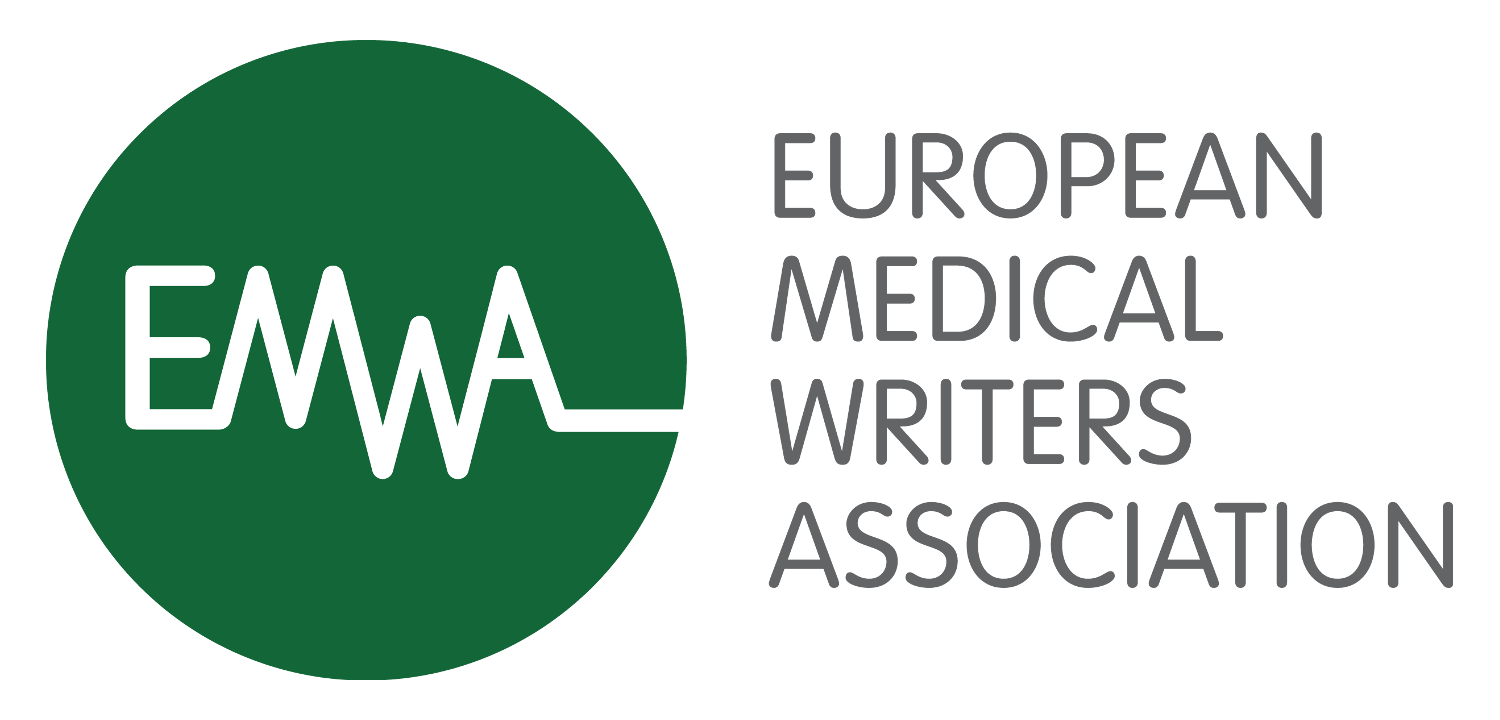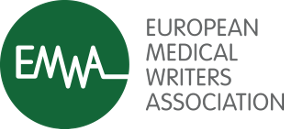Changing Roles for the Medical Writer – Adapting to the Brave New World
3:30 PM - 4:35 PM
“We are not our own any more than what we possess is our own. We did not make ourselves, we cannot be supreme over ourselves. We are not our own masters.”
― Aldous Huxley, Brave New World
The world as we knew it has changed. In the context of the COVID-19 pandemic, pressures on clinical research and development programmes to deliver new therapies and vaccines have placed medical writers in the eye of the storm. The process of new drug development used to be regimented, controlled, and incorporated deliberate stepwise progression. The aim was to gather sufficient evidence of the investigational product’s safety and efficacy in the intended disease population, to convince a skeptical and conservative regulatory authority of its rightful place in the medical armamentarium.
The COVID-19 pandemic has upended the system, and requires speed because of urgency to identify safe and effective vaccines and treatments in the face of a global SARS-CoV-2 assault. This has resulted in unprecedented pressure to invent novel ways to navigate evolving development and approval processes:
- Clinical studies are now being conducted virtually, avoiding the need for the study subjects to be physically present at a study site.
- Data are being collected and reported earlier.
- Study designs are being adapted to allow earlier assessments in hybrid phase models, and with fewer subjects.
More critically for medical writers, data from these studies - whether contained in formal study reports, publications, or presented at press conferences - are being publicly disclosed without the traditional “guard-rails”, thereby increasing the likelihood of misrepresentation or misinterpretation of the signals from these hastily collected, collated, and analysed data.
It may be that conditionally accepting corner-cutting, with lower barriers of protection, might outlast the current health crisis that brought about the practice. Precedents exist in the examples of Emergency Use Applications, Orphan Drug Designations, and Expanded Access programmes. This represents an opportunity for the medical writing profession, in all dimensions of its manifestations, to evolve and bring value in these situations.
We will discuss how, both during a health crisis and beyond, we might take the opportunity to reinvent ourselves, augmenting the medical writer role, bringing added value, and protecting the integrity of the data which are communicated to regulators, prescribers, and consumers.
Unlike the Huxley quote, above, we can, and must, be our own masters.


